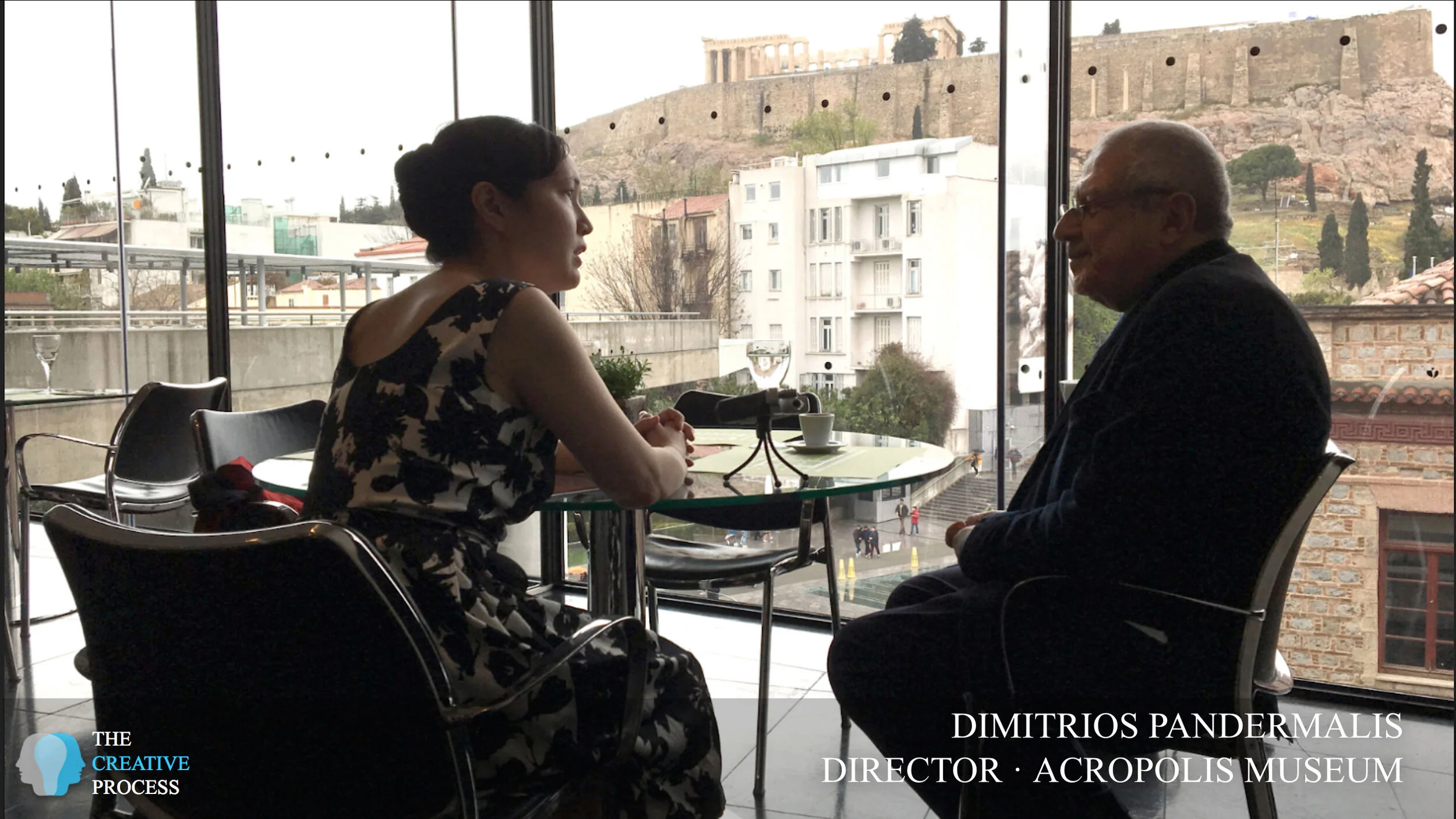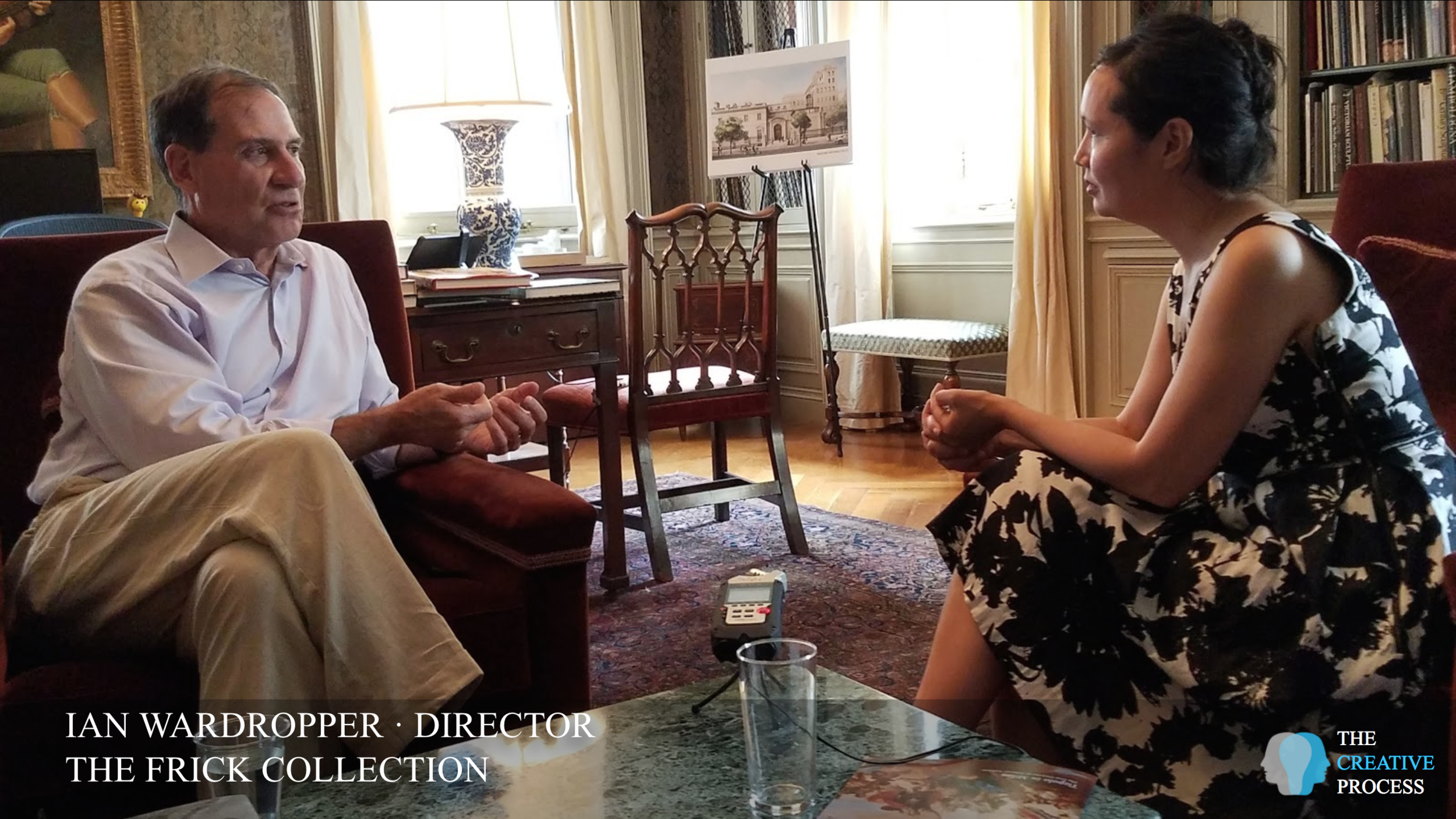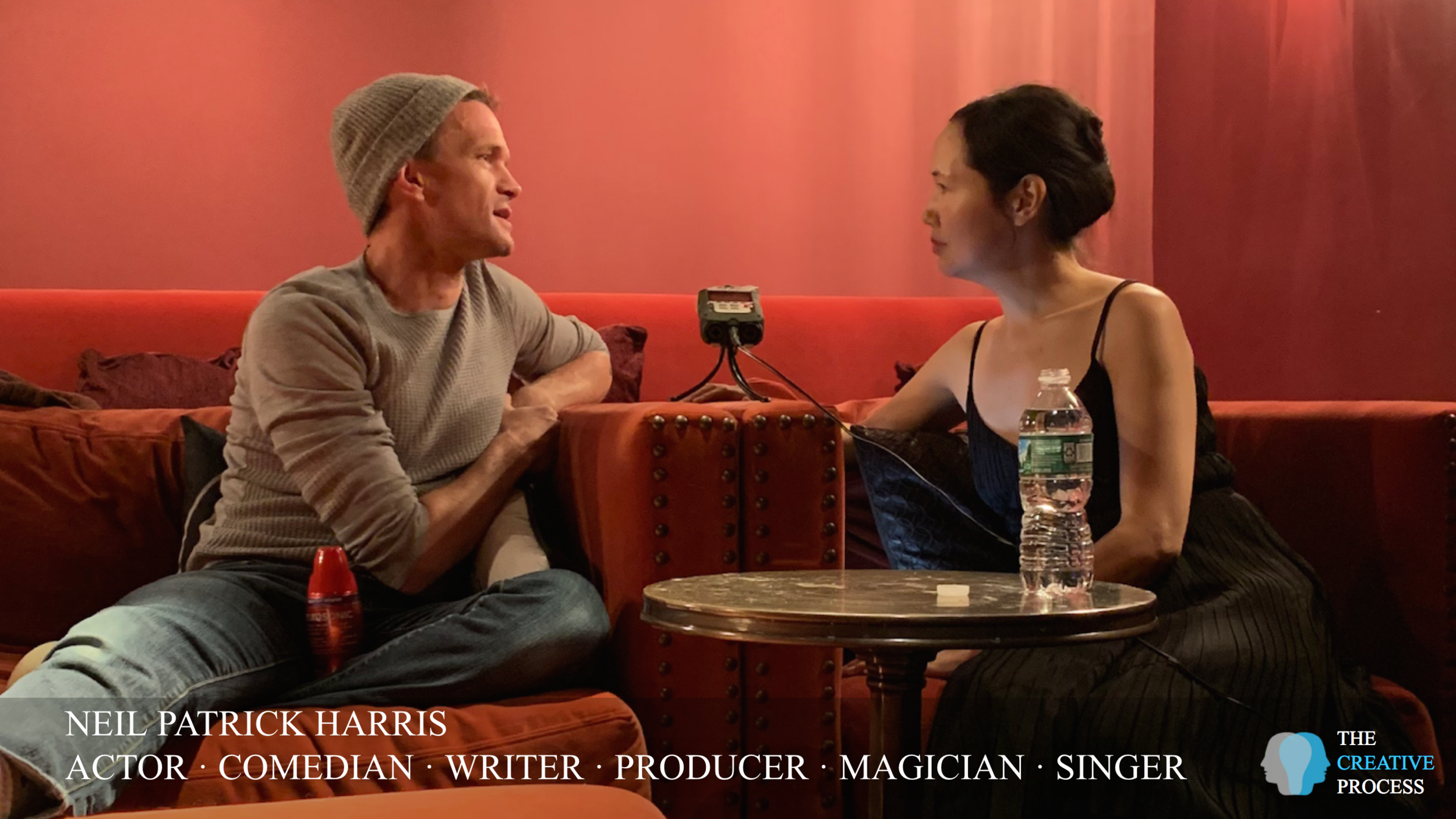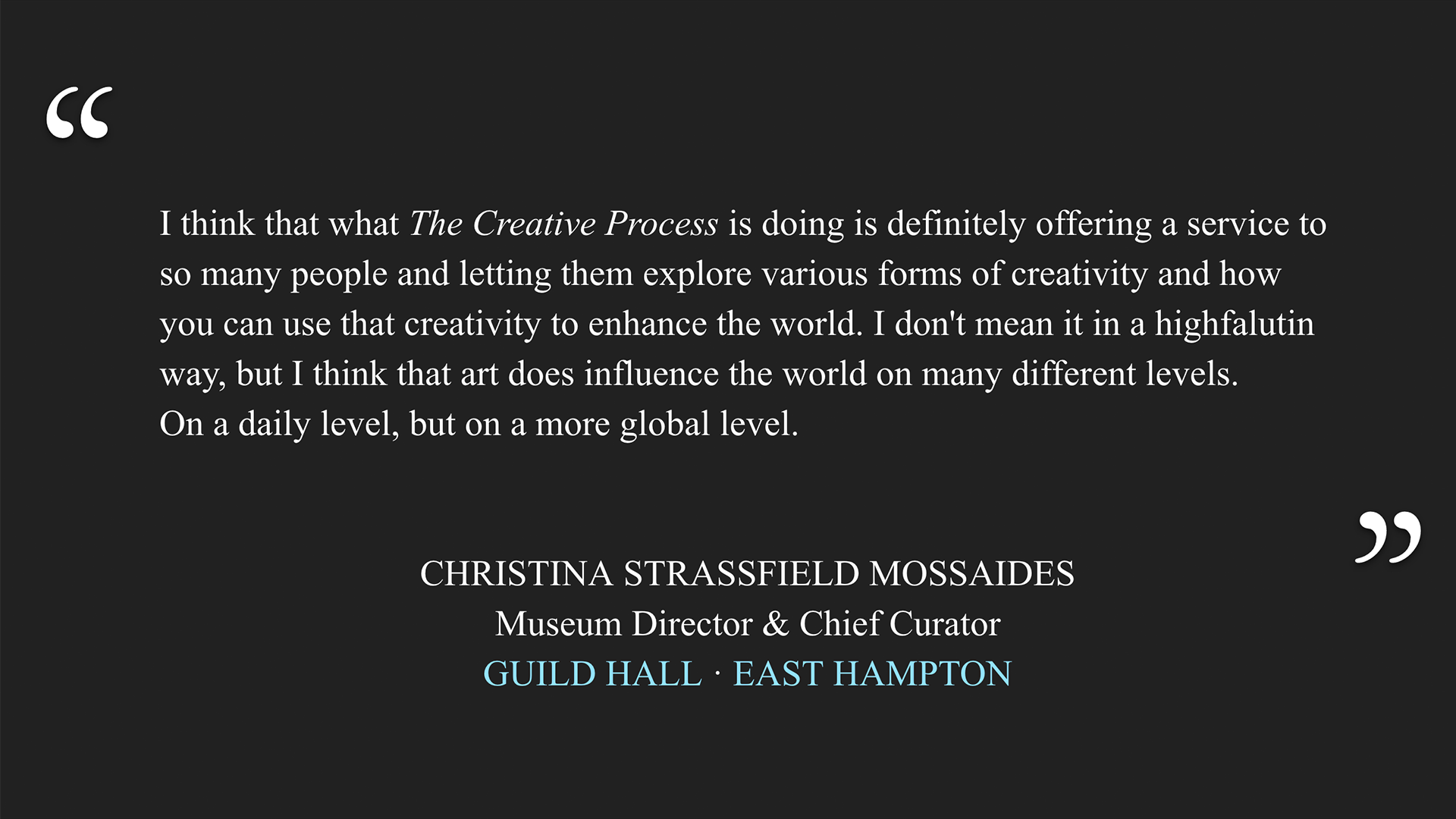I think that contact with ancient civilizations is very important because we get to have in our life a third dimension. If we live only in the present, we don't understand what happened many thousand years ago. We don't realize what the development of humanity really is. I think it's very helpful to know history. I don't believe that history can teach for the future, but history can give us another dimension, can make us wiser with more abilities to judge our present.
Sometimes we think that we invented everything, but this is not true. The history of human thinking is very important, is very useful for us to know different thinking of other people. At the end of the day, multicultural civilisation is also very helpful today. I know, for myself, I concentrate on antiquity, but sometimes I work on on other civilizations. Some months ago I organized an exhibition on a very famous Chinese emperor – Qianlong (1711-99). And through this opportunity, I studied a little about Chinese culture, and I found very exciting things. And I can compare these things with our Western civilization. All this is very fruitful because we open our eyes, and we are not going on only one track. There are different approaches in life and different interpretations of the world and of societies.
–Professor DIMITRIOS PANDERMALIS
President of the Acropolis Museum
The whole thing is to get them to feel like no matter where their background is from, the difficulty they have in their personal lives, the isolation that they feel in relationship to that, that within the art community they are embraced, they are welcomed. All they have to do is just keep getting better at it, but the community is there. I think that something we're all looking for is where we belong.
– ERIC FISCHL
Artist
When I first started acting and came to Los Angeles for a one week job. I was with my dad and we went to a production of a play called Fences. And James Earl Jones was the star. And I remember I was just the whitest kid ever from small town New Mexico in this big city of Los Angeles, which isn't super diverse, at least it didn't feel that way. And then I'm sitting there watching this play about a lower middle-class African American man in Pittsburg and his family. And I just remember being so moved, moved to tears at thirteen, fourteen years old about a world that I really knew nothing about. Not even from school, even, but certainly not this feeling empathy for this specific man and wife, and she was peeling potatoes on a rocking chair and monologing ire at his character and it was so moving. And I did think, even back then I recognized the impact that the theater can have on someone that isn't even anything like what they're like.
–NEIL PATRICK HARRIS
Actor, writer, producer, magician, and singer
I actually assumed in graduate school that I would become a teacher and I've taught in a number of different universities, but it was working with art objects and seeing them in museums like the Metropolitan Museum or The Frick that made me want to go into museum work and ultimately become a curator. So when I was finishing my dissertation and had to think about a career, I applied to a lot of teaching jobs and there was one job that year in America in my specialized field, which was European sculpture, and I was very lucky. But a professional career is a bit of luck as well as predisposition, so I knew I wanted to work in museums, and I was lucky enough when
I was able to find my way here.
–IAN WARDROPPER
Anna-Maria and Stephen Kellen Director
The Frick Collection
That's what my work is about. Women owning agency. Any kind. That's what makes you really excited. Having agency. Sexual agency. Owning sexuality, not being the object of it.
–MARILYN MINTER
Artist
I always say they are almost like bellwethers. They pick up on trends, pick up on anxieties, pick up on things in the world almost before the rest of us do. And artists get up, eat their cornflakes, go to work. They really do. And it's this creative process, which as Chuck Close once debunked and said, "Inspiration is for amateurs. The rest of us get up and work." It's not always inspiration, but another great quote of his is that he always, anytime he sees a lot of painting like going to a museum, he's always astonished by the transcendent moment when you realize that this is just colored dirt and pigment laid on the surface with what's arguably just a stick. There's such a metaphysical moment when these images are created on a surface. In three dimension on a flat surface, it's kind of a head-scratcher to start. So great art has a transcendent moment.
–ALICIA LONGWELL
Lewis B. and Dorothy Cullman Chief Curator
Parrish Art Museum


































































































